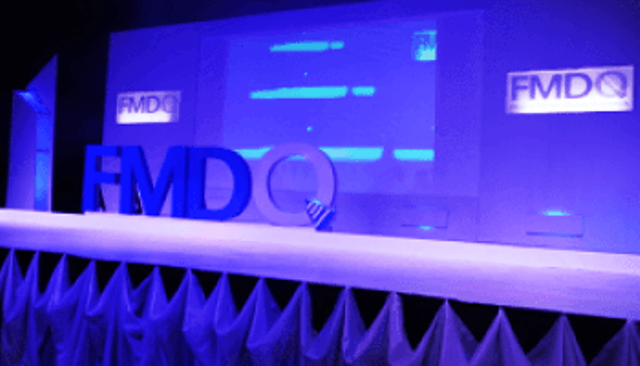BUSINESS
FMDQ OTC seeks Nigerians’ participation in global capital markets

FMDQ OTC Securities Exchange on Sunday urged Nigerians to take advantage of enormous opportunities in the global capital market just as it expressed dissatisfaction with the country’s two per cent participation.
Ms Kaodi Ugoji, FMDQ Vice President, Strategy and Corporate Services, made the plea at the annual workshop of the Capital Market Correspondents Association of Nigeria (CAMCAN) in Badagry, Lagos.
Ugoji said that people were not taking advantage of opportunities in the capital market as two per cent of retail investors participated in the capital market against 43 per cent in U.S.
She said that retail investors participation in global capital markets in South Africa stood at 19 per cent, Malaysia nine per cent and UK 13 per cent.
Speaking on the topic, “FMDQ’s contribution to retail investors’ participation in the capital market’’, Ugoji said that the exchange had introduced a lot of initiatives to boost retail investor’s participation in the Debt Capital Market (DCM).
She said that lack of information, lack of education and transparency and lack of access to products/competing banking products, were challenges affecting DCM retail investor’s participation.
Ugoji said that lack of investors’ confidence was another challenge affecting retail investor’s participation.
She said that the exchange had introduced some initiatives such as The FMDQ Academy to deliver financial markets education to FMDQ stakeholders in line with its market and product development agenda.
According to her, the initiative will help in deepening and upgrading the Nigerian financial markets toward global competitiveness.
She said the academy was also positioned to provide individuals and institutions with impactful learning and skills acquisition opportunities through a unique blend of best-in-class curricula, methodologies, among others.
Ugoji said the exchange introduced Dealing Member (Specialists) (DMSs), who acted as market makers in the FMDQ fixed income market.
She said that the DMSs generated Fixed Income Securities additional liquidity to the Nigerian fixed income market and served as an avenue trading platform for effective and efficient retail participation.
She said that DMSs could trade bonds, Commercial Papers (CPs) and Treasury Bills (T. Bills) and as well provide two-way quotes to other DMSs and one-way quotes to retail clients; thereby generating the required fixed income market liquidity.
Ugoji said that the Securities and Exchange Commission (SEC)’s 10-year Nigerian Capital Market Master Plan was geared toward increasing retail investors’ participation to five per cent in the next five to 10 years.




 Davido's Net Worth & Lifestyle
Davido's Net Worth & Lifestyle 
